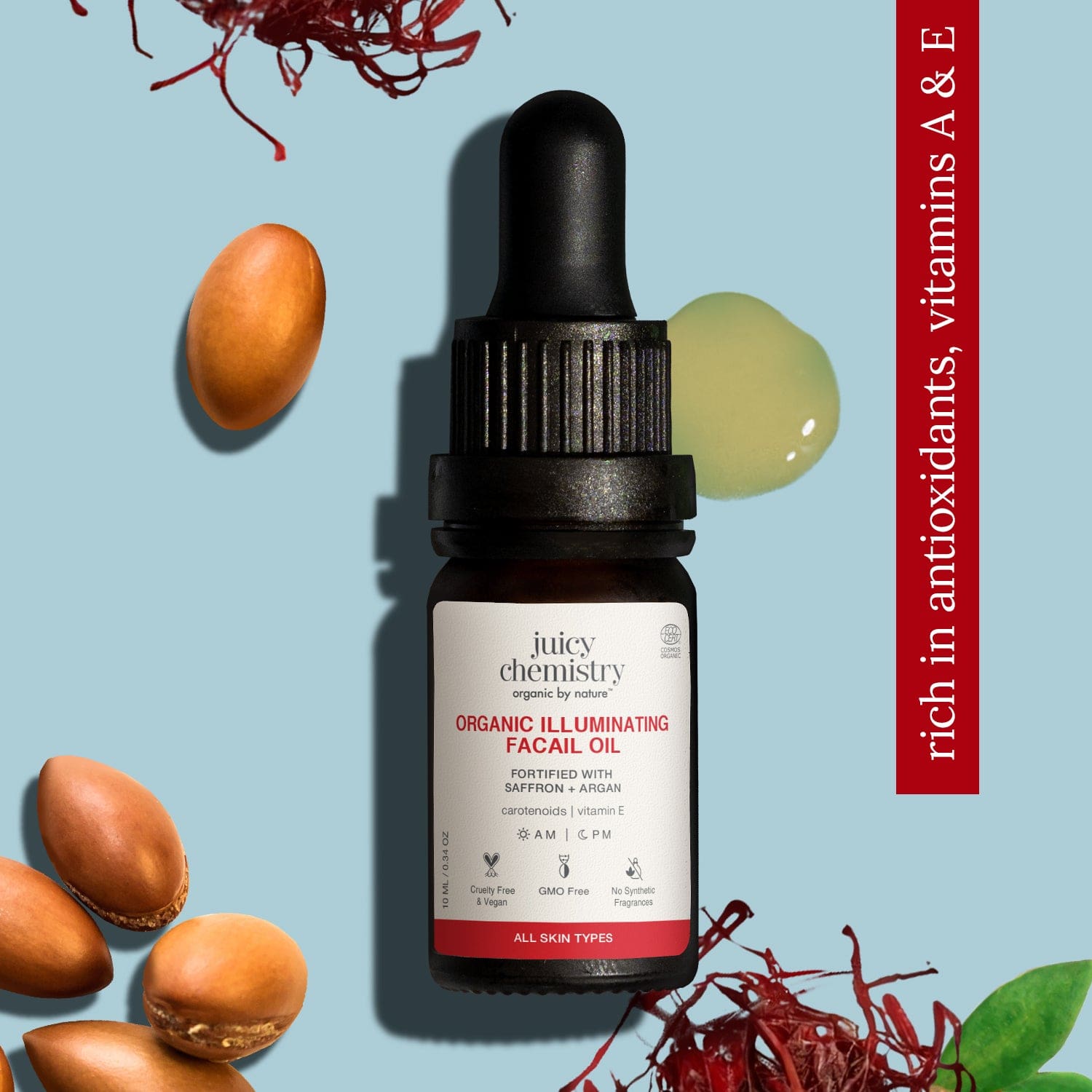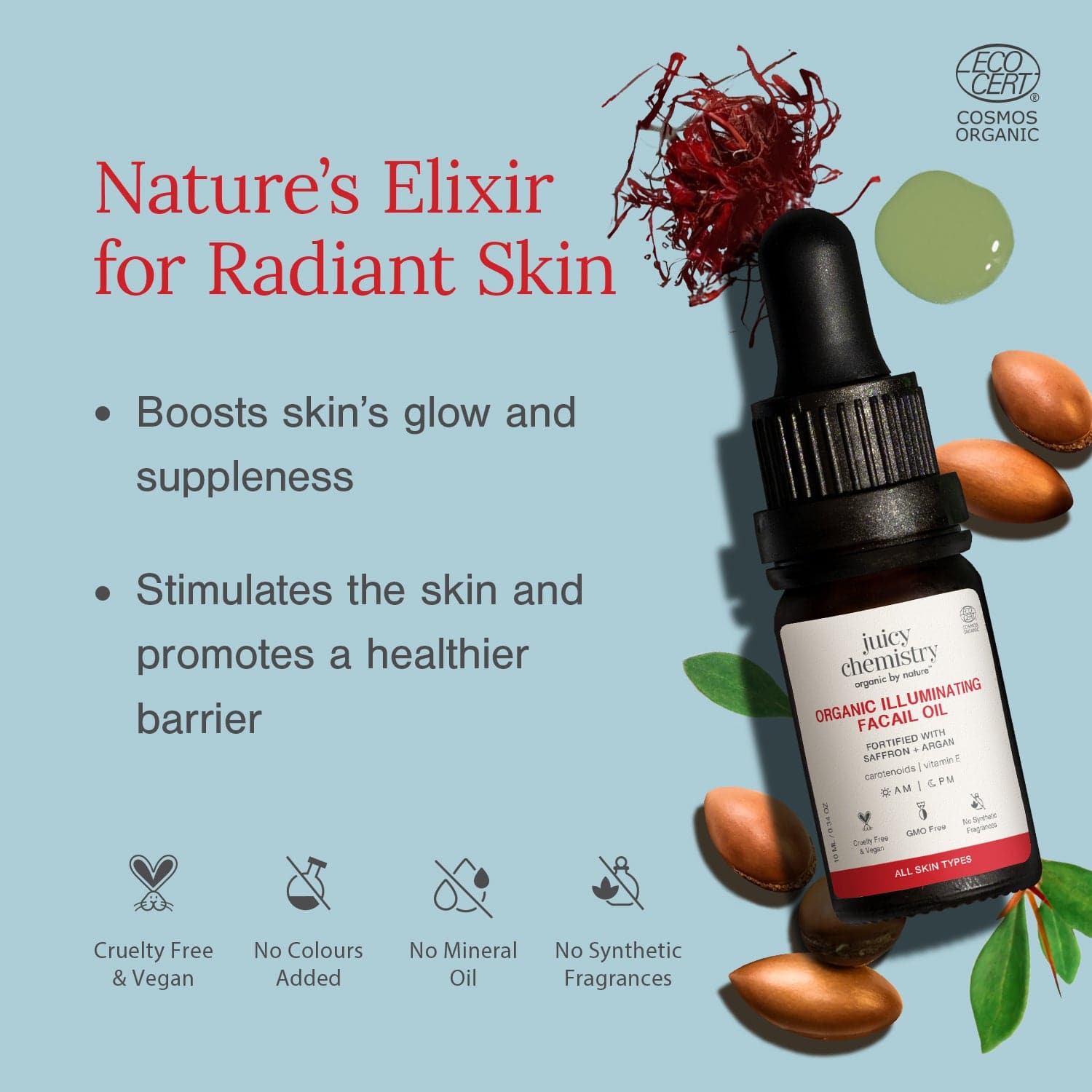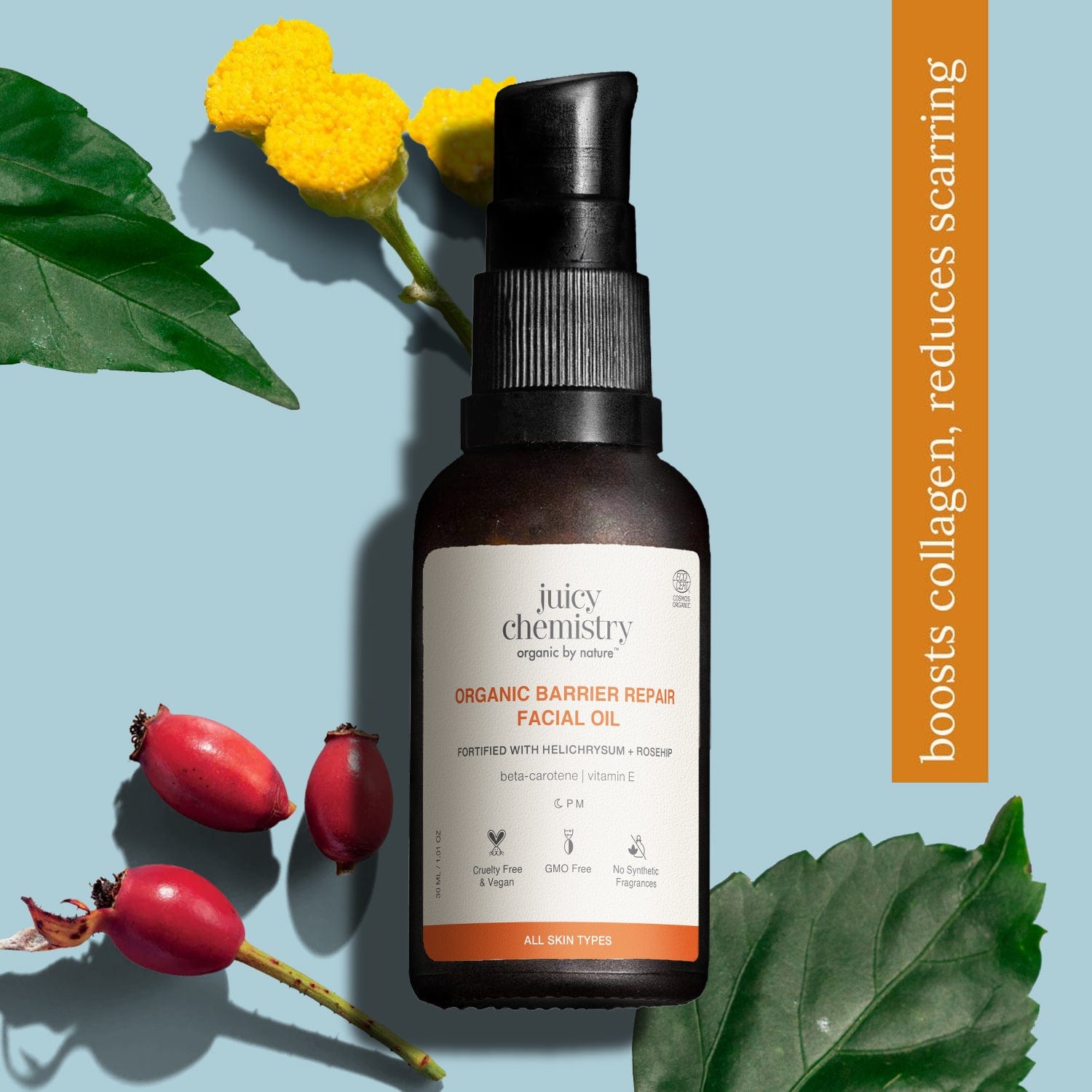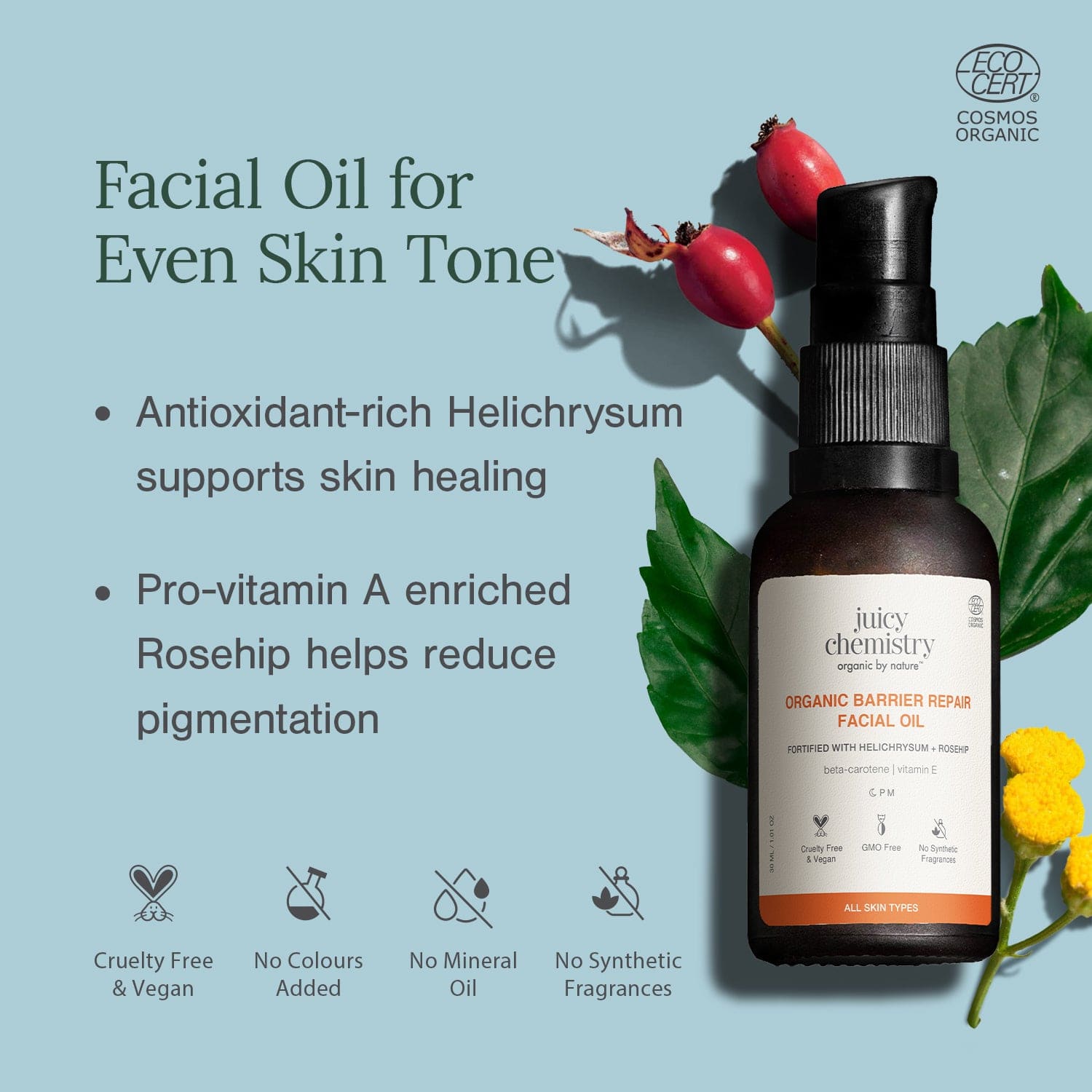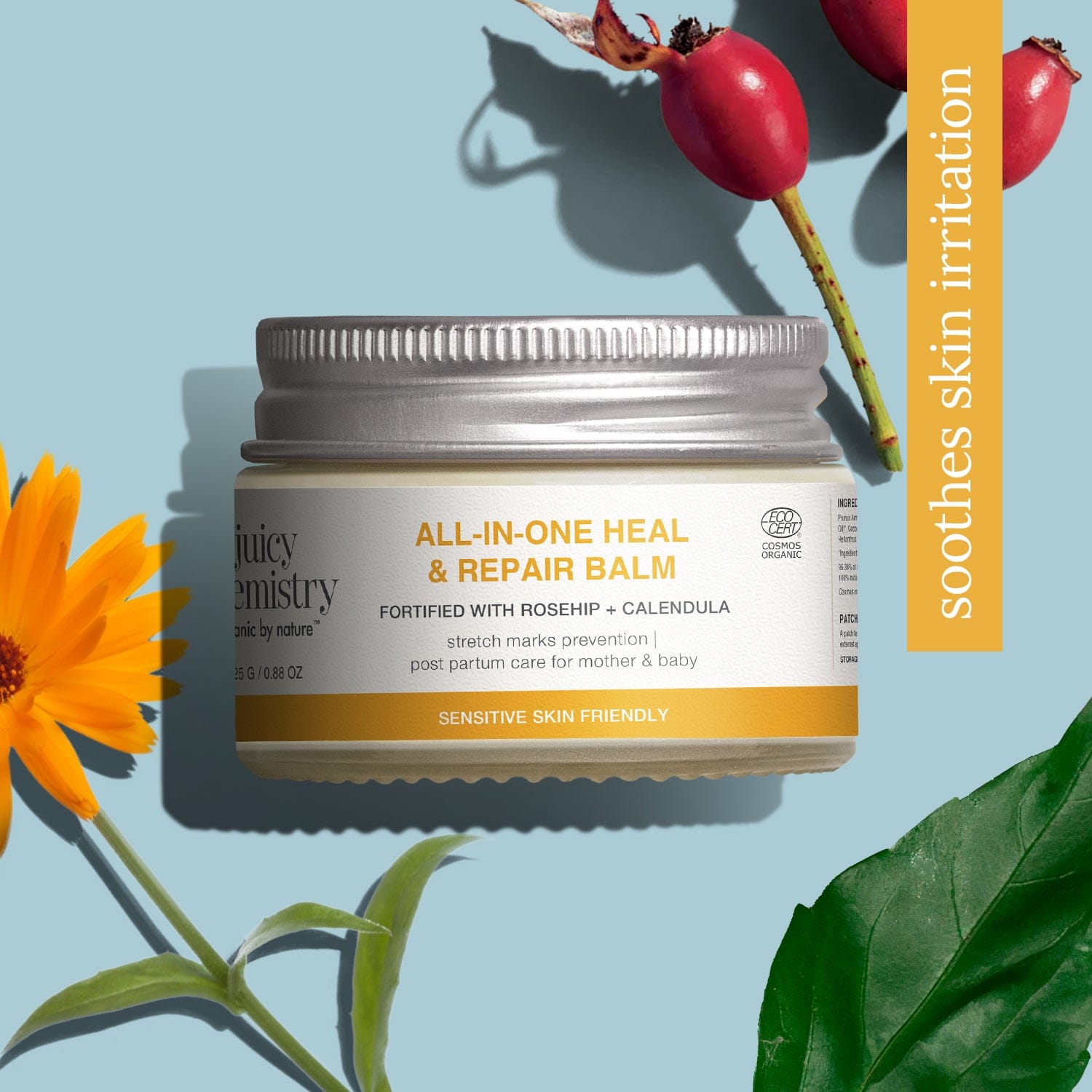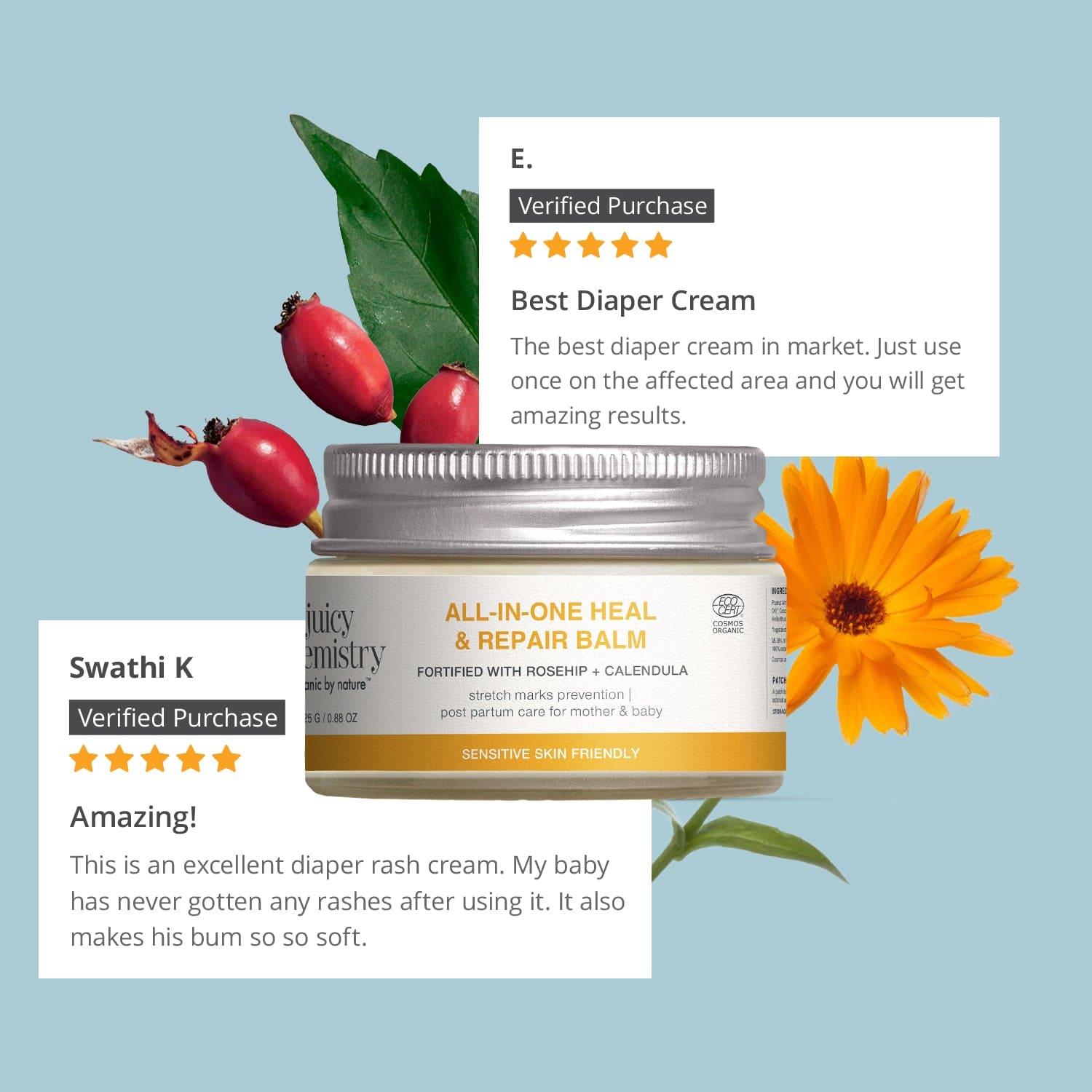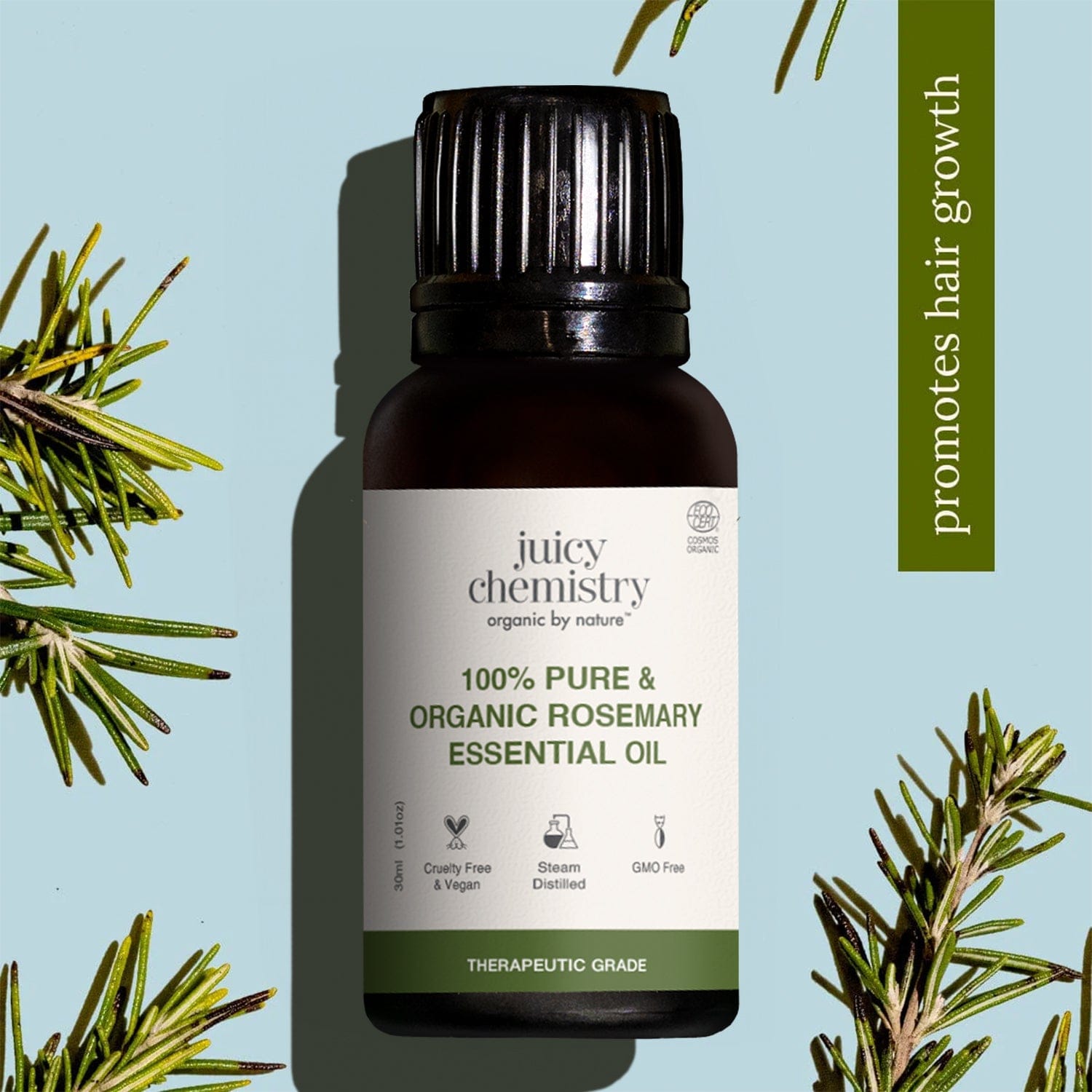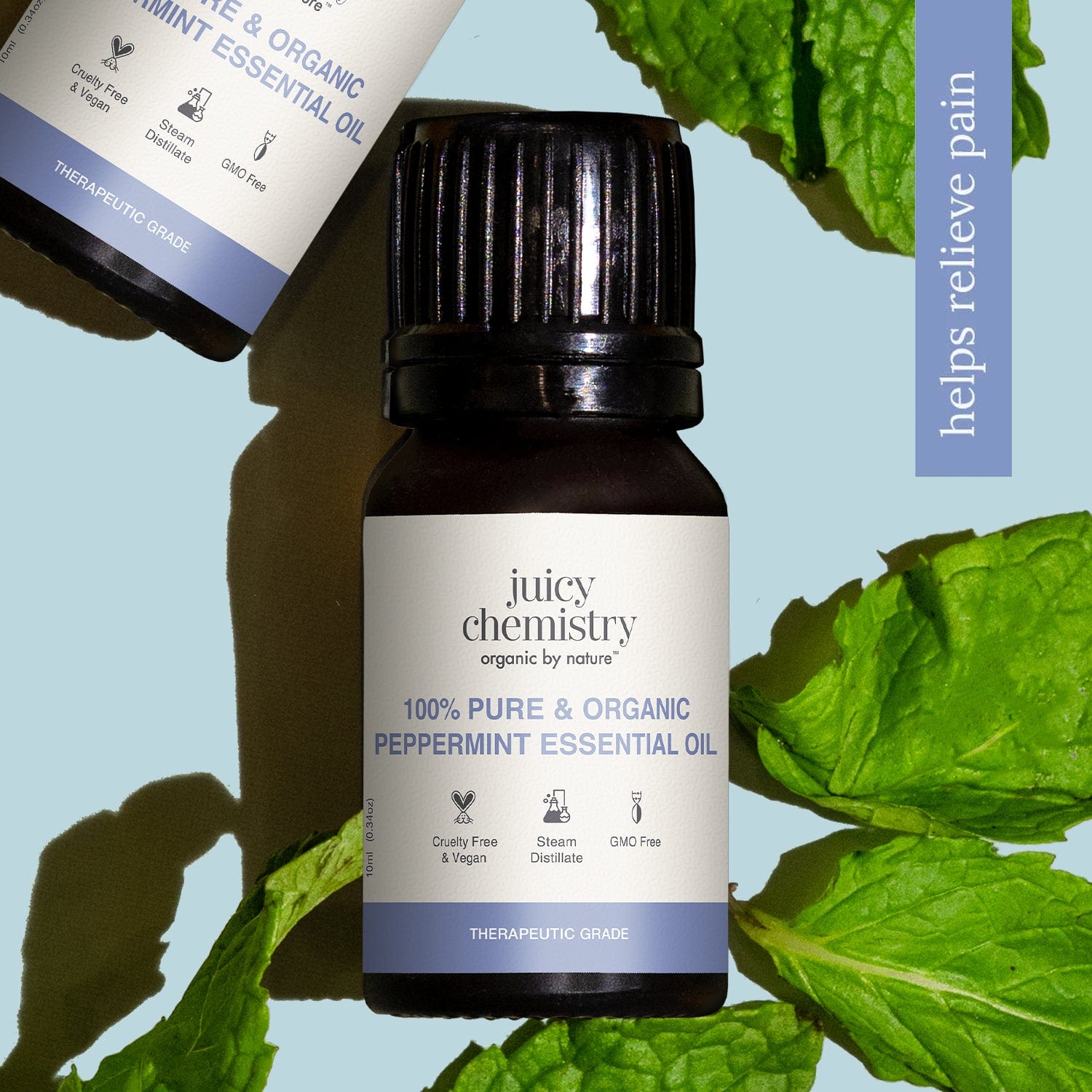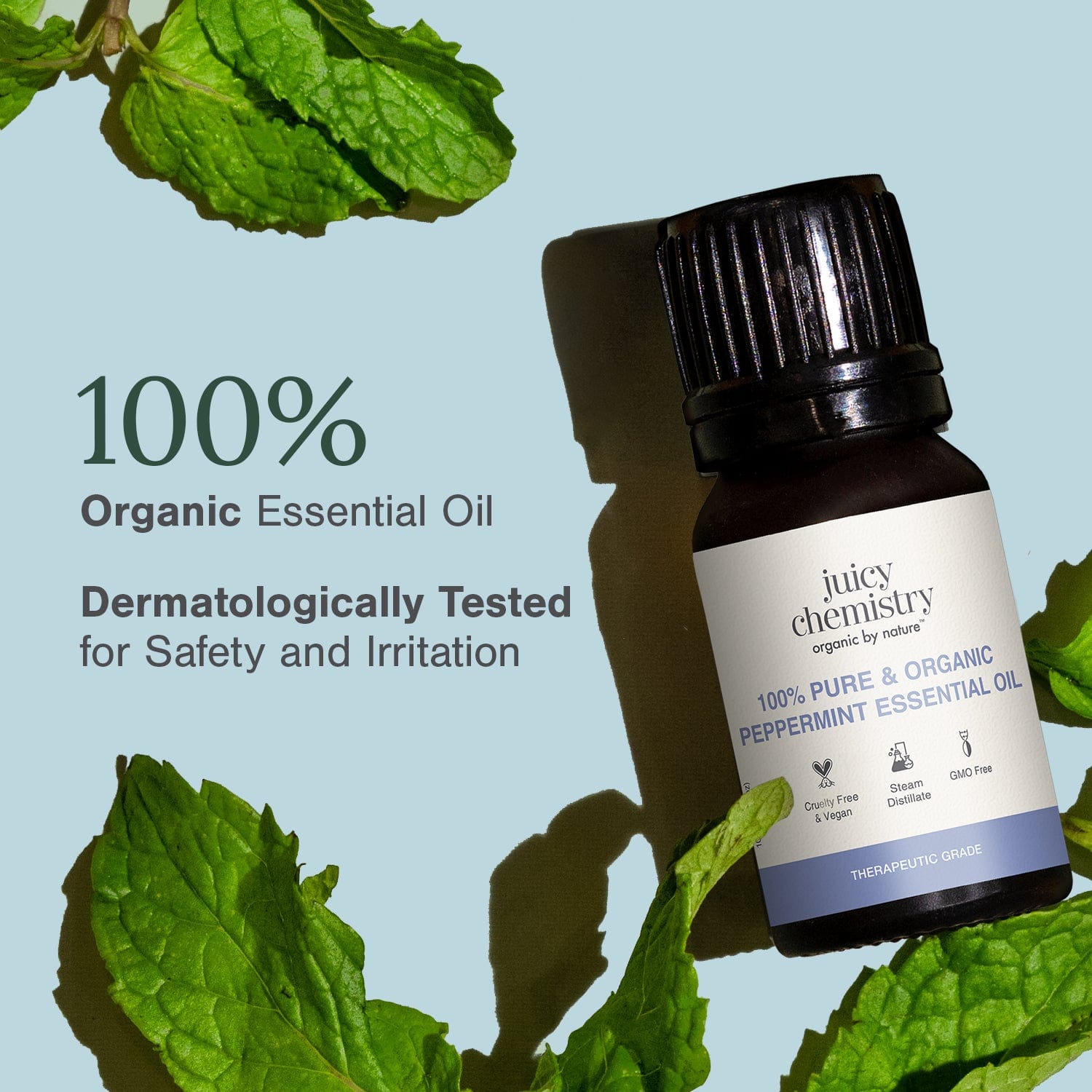How to Determine Skin Type? Do Skin Types Change?
October 13, 2022Our skin is the largest organ of our body, playing a vital role in shielding us from UV radiation and harmful microbes. Additionally, it helps regulate our body temperature and eliminates waste through sweat.
Its importance is comparable to that of our heart, lungs, or kidneys! Just as we care for our essential organs, our skin also requires some tender loving care. Therefore, it is essential to identify your skin type and establish a routine that nourishes and protects it.
How To Develop The Ideal Skincare Routine For Your Skin?
Identify Your Skin Type
Before you create a skincare regimen tailored to your needs, it is crucial to recognize your skin type to ascertain the specific care it requires, along with the ingredients and formulations that will be effective.
While the latter two aspects can be addressed as you navigate the world of skincare and experience various successes and failures, the initial concern must be resolved right from the start.
Although each person's skin tone and type are distinct, there are four primary categories of skin. Here’s a straightforward method to identify yours using a simple ‘napkin test.’
- Begin by cleansing your face thoroughly with a gentle, mild cleanser and gently pat it dry.
- Allow your skin to remain bare, meaning you should avoid applying any toner, serum, or moisturizer after cleansing.
- Wait for 30 to 45 minutes. Then, take a clean paper napkin and cut it into small squares.
- One at a time, press a piece against different areas of your face, including your cheeks, forehead, nose, and chin.
- Hold the napkin pieces up to a bright light source to see how much oil each square has absorbed.
1. Oily Skin Type
If the tissue is drenched in oil from various areas of your face, then your skin type is classified as 'oily'. Oily skin necessitates products that assist in regulating sebum production and do not obstruct or block the pores.
Ingredients such as hemp oil, rosehip oil, grapeseed oil, tea tree oil, and rosemary oil are particularly beneficial for individuals with an oily skin type.
2. Dry Skin Type
If the tissue hardly absorbs any oil, your skin type is identified as dry. Dry skin requires products that provide deep hydration and enhance moisture retention, resulting in a smoother complexion.
Ingredients like argan oil, marula oil, camellia oil, shea butter, and mango seed butter are excellent options for those with dry skin.
3. Normal Skin Type
If the tissue absorbs a small amount of oil, your skin type is considered normal. Normal skin benefits from products that offer moderate hydration to achieve a glowing appearance.
Ingredients such as jojoba oil, tamanu oil, rose oil, and saffron are effective for normal skin types.
Moreover, individuals with normal skin can often experiment with various ingredients, as their skin tends to be more forgiving.
4. Combination Skin Type
If the tissue absorbs oil only from the T-zone, which includes the forehead and nose, while the rest of your face remains unaffected, your skin type is classified as combination. In this case, your forehead and nose are oily, while your cheeks and chin are dry.
Combination skin requires products that cater to both oily and dry skin needs. These products should hydrate and moisturize without clogging the pores.
Additionally, there are three other subcategories of skin types: sensitive skin, mature skin, and acne-prone skin. These can be combined with any of the aforementioned types. For instance, your skin could be classified as ‘oily and sensitive’ or ‘dry and mature.’
Acne-prone: Some individuals are more susceptible to developing pimples, blackheads, and whiteheads, which is why they are referred to as having acne-prone skin. Utilizing non-comedogenic ingredients and exfoliating the skin can assist in achieving a smooth, clear complexion.
Mature Skin: Mature skin often exhibits noticeable fine lines, wrinkles, dullness, and other signs of aging. Incorporating antioxidant-rich products and collagen-boosting ingredients can help rejuvenate the skin.
Sensitive Skin: Sensitive skin may react with redness, rashes, itching, or even breakouts in response to sun exposure or certain skincare ingredients. Those with sensitive skin should exercise extra caution when introducing new products into their regimen. Conducting a patch test is essential.
How To Conduct A Patch Test?

- Apply the product to your inner elbow or jawline and monitor for the next 24 hours.
- If there is no adverse reaction, you can proceed to apply the product to your face.
- If your skin is sensitive, extend the test for 7 days to ensure that your skin does not react negatively to any ingredients.
- If any irritation arises, stop using the product immediately and consult a dermatologist as soon as possible.
Do Skin Types Change?
Absolutely! Our skin can change in response to varying weather conditions. Oily skin during the summer may transition to normal or combination skin in the winter months. Similarly, normal skin in the summer can become dry in the winter.
Additionally, skin type can also shift with age due to hormonal changes, health issues, and genetic factors. As skin types fluctuate, it is crucial to adjust your skincare routine accordingly.
Develop a suitable skincare regimen tailored to your skin type and concerns by exploring Juicy Chemistry's specially curated skincare kits.

